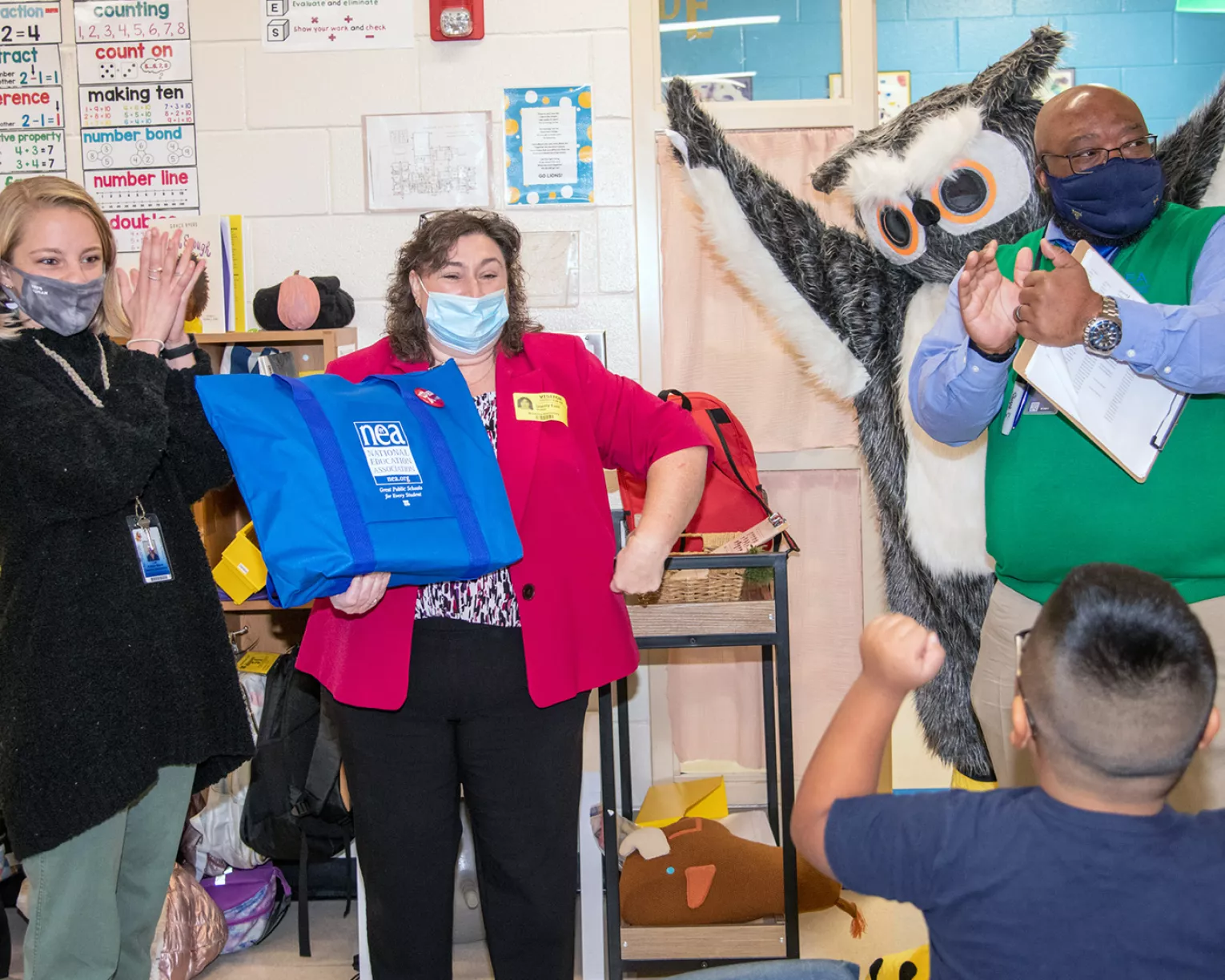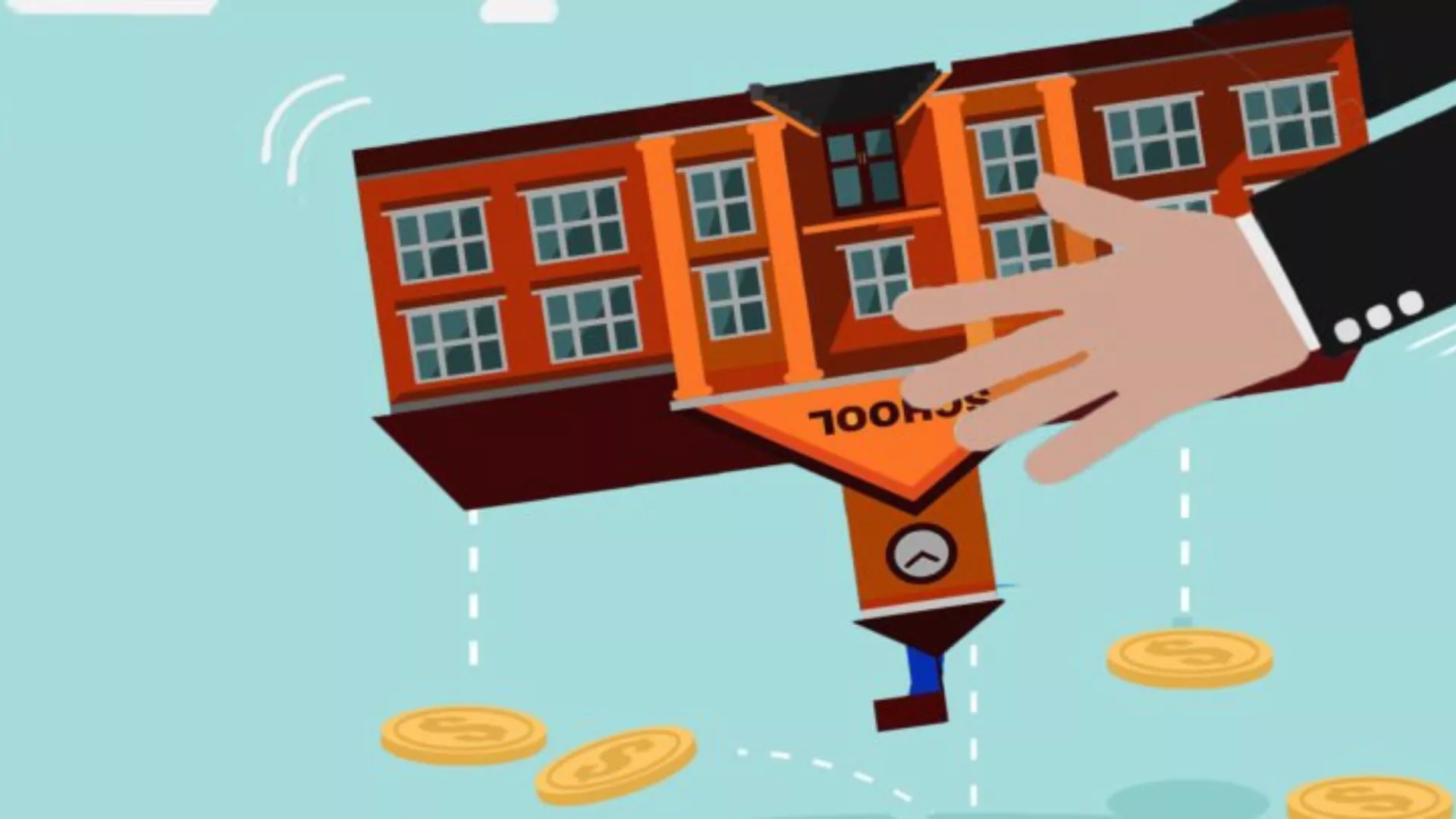Do you have what it takes to be a teacher? Do you have the knowledge, skills, and dispositions to help every student learn, grow, and succeed?
Making sure you are “profession ready" on your first day on the job with a classroom full of excited students is what great teacher preparation is all about.
Every Aspiring Educator has room for growth, development, and learning to be better prepared for this challenging, yet rewarding career. Frankly, the journey of professional growth continues throughout the entire career of every educator. When choosing a preparation program look for these components:
Content
Teaching means helping students to learn, understand, master, and apply knowledge and skills. That means that the teacher must also have the deep content knowledge to support their students, including understanding how each subject interacts with others and builds on previous and future learning goals.
Good teacher preparation programs ensure candidates (that’s what preparation programs call their “students learning to become teachers”) have knowledge of the areas they will teach PLUS a foundation of knowledge for all of the areas a student will encounter.
Pedagogy–How to Teach
Someone may have a PhD in math, but if they don’t know how math concepts need to be sequenced so a student’s understanding can grow, then they wouldn’t be a successful teacher. Great teachers also develop the ability to recognize misconceptions AND develop a repertoire of strategies to help students connect new information to prior learning, have genuine understanding of new concepts, and apply skills to put their learning to work. Learning how to teach is a significant part of any good teacher preparation program and needs to be integrated over multiple semesters along with learning content and practicing skills.
Disposition to Teach
Teachers need a positive mindset about each student’s ability to learn. New strategies may be needed to better understand a student’s prior experience, but the determination and commitment to help every student succeed is the heart of teaching. Understanding each student’s background, culture, and the experiences that shaped them are crucial for teachers to understand. Great teaching can help a student connect those previous experiences to the concepts and skills being learned.
This also provides the basis to connect with each student’s interests and motivation for learning. Teachers help their students find a passion for learning. Teachers must also recognize that their own background, culture, and experience impacts how they see the world and how they understand their students. Being a great teacher is a lifelong journey of constant learning more about one’s self ,as well as learning to understand the needs, interests, hopes, and concerns of students and their families.
Practicing to Teach
The phase of preparation sometimes called “student teaching” or “clinical practice” should begin before the final year of a preparation program. It’s a good idea to know if interacting with students is something you enjoy and seem to have the mindset to do early in a preparation program. Then, the research is overwhelming that candidates who spend a full year in clinical practice (infused with discussions on pedagogy and practice along the way) are far more likely to be successful their first day on the job and more likely to succeed for many years in the profession. A model NEA has researched is called a Teacher Residency Program (See downloads). These can be found all across the country. A similar highly successful model is called a Professional Development School.
Next Steps
Prepare to make a real difference in the lives of students by beginning your search for a program that focuses intensively over multiple years on these three areas. To find programs that focus on these areas, choose programs that have achieved national accreditation by the Council for Accreditation of Educator Preparation (CAEP). You can find out about these programs from the CAEP website.
As an additional guide to your learning journey, consider the recommendations of the Interstate New Teacher Assessment and Support Consortium (INTASC).
Finally, make sure to tap into the tremendous resources and opportunities to enhance your journey to a career as an educator by participating in the NEA Aspiring Educators Program.
For more information, contact Blake West.
Downloads
Learn More
Use Your Educator Voice.





